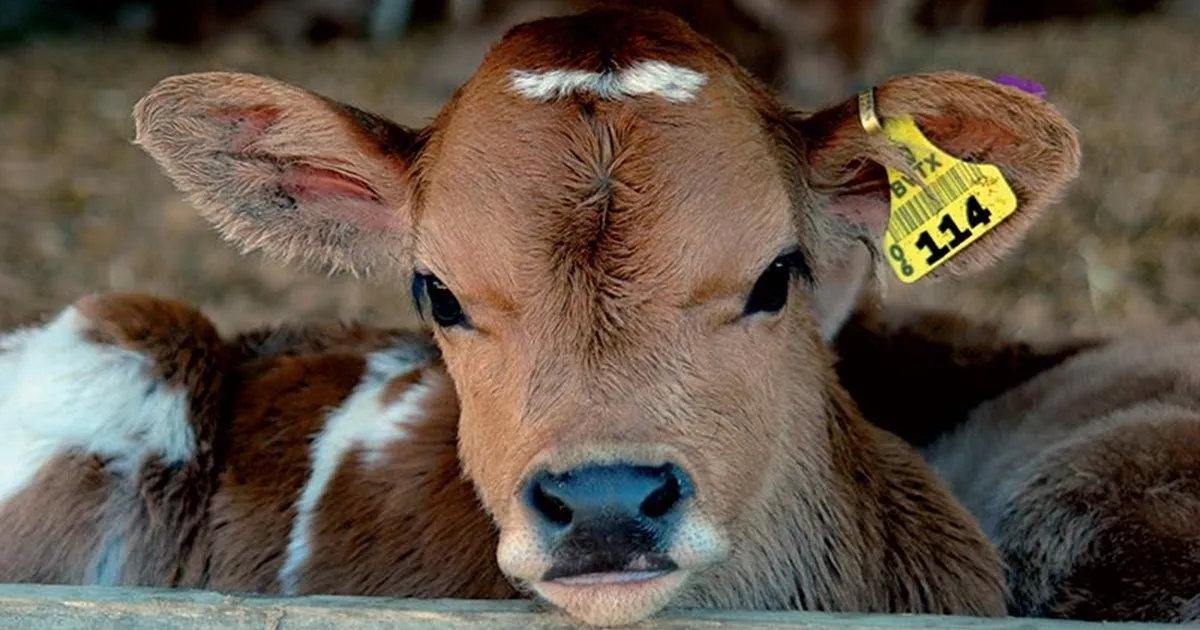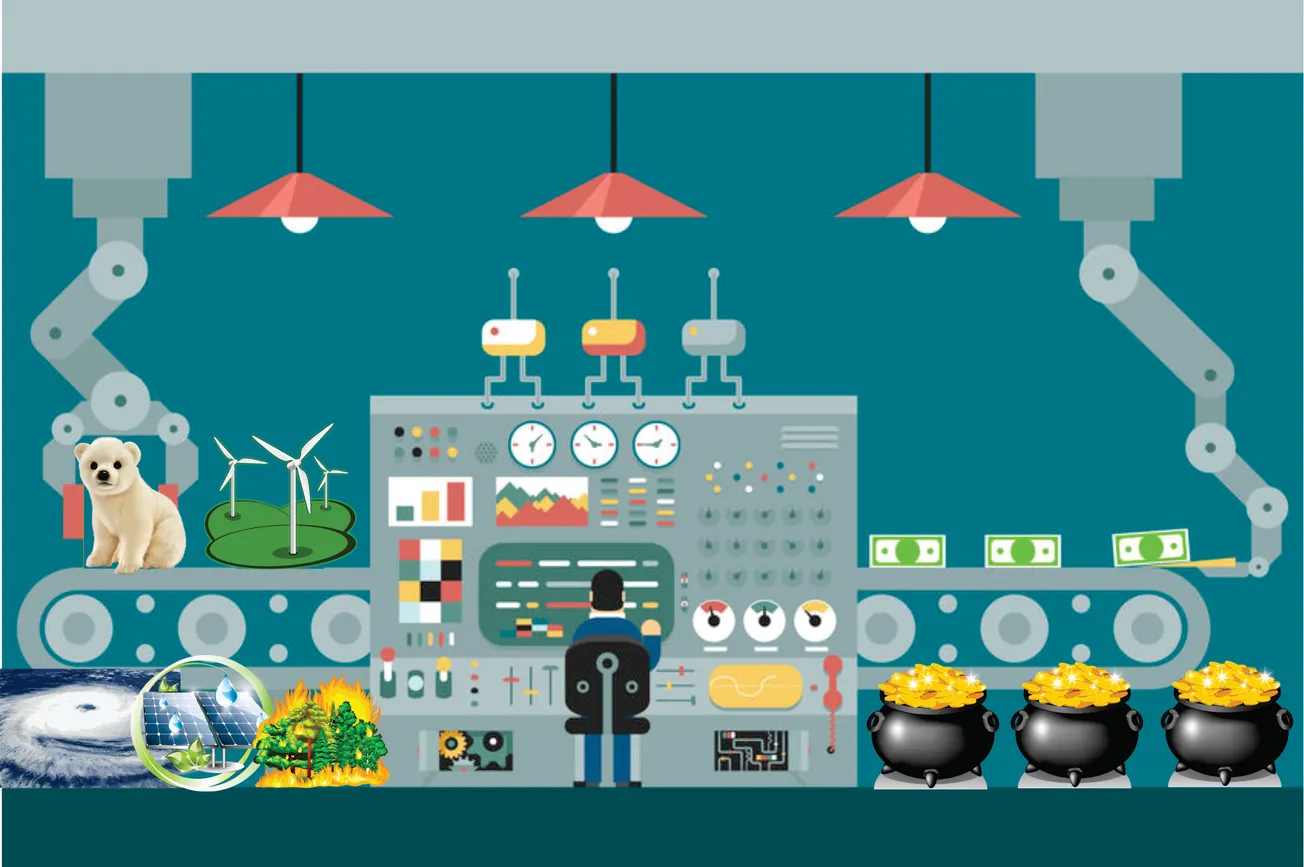Table of Contents
Even the 2015 Paris Accord warned participants not to threaten the food supply, but the great Jacinda, who sees climate change as her ‘nuclear moment’ (even though there was never a nuclear moment after 1945) knows better. Jacinda wants New Zealand to be the first nation on earth to bring agriculture into its carbon reduction programme, even though it may threaten the food supply, for both New Zealand and other parts of the world.
The saddest part of all of this is the fact that our farmers are the most productive on the planet, and can already produce milk and meat with about half of the carbon dioxide emissions than any other farmer in the world can match. Jacinda and James Shaw have never acknowledged this, of course. The big bad farmers must pay the price… even if the price is a deadly blow to our biggest industry, our food supply and our economic powerhouse.
What would Jacinda understand about that, though? Or James Shaw, for that matter. Climate change is an ideology, and if we all have to go back to the Stone Age, so be it… so long as James can still fly off to his climate conferences, that is. But he is holier than thou… and holier than anyone else.
There is an answer to the agriculture issue, and it is staring everyone in the face. Surprisingly, it has been suggested by one of the climate activist kids that are constantly in our faces – and it is not Greta. No. This suggestion comes from Mia Sutherland, a 17-year old activist from New Zealand, who believes in the climate myth but has a few sensible suggestions that could provide solutions for agriculture.
If this coalition government is serious about tackling climate change and ensuring future generations are left with a prosperous planet, GMO law reform must be considered.
While most people who hear the term ‘genetic engineering’ think of designer babies, the reality is much different. In no way should New Zealand be considering deregulating laws around genetically-modified zygotes, but it should be considering the possibility within crop development and agriculture.
A young climate activist with a modicum of sense? I need to lie down.
New Zealand’s archaic GMO laws heavily regulate the research and release of genetically engineered organisms. Those wanting to test on and release their creations must jump through a series of hoops and fulfil requirements in order to do so. Sure, these laws are argued to protect New Zealand’s valuable biodiversity, but they could be doing more harm than good in the long term. We need to be taking ambitious steps forward if we want to preserve any of our unique environment and are serious about reducing our carbon emissions.
In Lincoln, scientists from AgResearch are engineering a strain of ryegrass which, when fed to cows, has the potential to reduce methane emissions by 23 per cent. The ryegrass contains a High Metabolise Energy (HME) system, which promotes the production of lipids in the leaf. Higher levels of lipids, provided they don’t biohydrogenate, result in less material for the rumen to release as methane and more sustenance for the animal so they do not have to ingest as much grass as they regularly would. This ryegrass could not only reduce methane emissions, but could also cost farmers less money due to its high feed conversion efficiency.
A similar project was run in the Marlborough district over a decade ago. The development of specialist grasses meant that ruminants could get more water from their feed, thus reducing the issues around droughts, which happen on a regular basis in the area. It has been a great success. It is also genetic engineering, used well.
This HME ryegrass has the potential to make a substantial difference to New Zealand’s greenhouse gas emissions – 48 per cent of which can be traced back to the agricultural sector. Additionally, modelling has also shown a reduction in nitrate leaching. Reducing greenhouse gas emissions requires a new way of thinking, and if we’re serious about assisting farmers in their emission reduction we need to be considering less regulation of genetic engineering.
I am not sure that this government is serious about helping farmers to reduce their emissions. I think they prefer the ‘big stick’ approach. But this is a well thought out solution that could solve both farmers requirements to reduce emissions and save our agriculture at the same time.
Before you get too excited, the Greens will not have a bar of it. Genetic engineering is an absolute no-no to any conservationist worth his salt. You might as well suggest black magic complete with devil worship.
Farmers are reported to be “agitated” by the fact that this grass – which could both reduce their negative environmental impact and increase their profit – is “trapped in the laboratory”.
Trapped in a laboratory overseas, that is, as our laws around GMO prohibit the technology from being developed here.
Our prime minister has claimed that she wants to “demonstrate how [food producing] can be done sustainably” to the rest of the world. If this is a serious claim, we need to see action in the form of allowing crops with forward-thinking genetic engineering, such as AgResearch’s ryegrass, to be welcome in New Zealand.
STUFF
Well done, Mia. This is a sensible proposal from someone who believes in climate change. But don’t hold your breath. This government would rather see us back in the Stone Age. Remember, climate change is not about the climate. It is about control.
https://thebfd.co.nz/2019/10/weve-had-enough/ https://thebfd.co.nz/2019/10/the-bfd-poll-zero-carbon/ https://thebfd.co.nz/2019/09/the-zero-carbon-bill-hits-the-skids/









